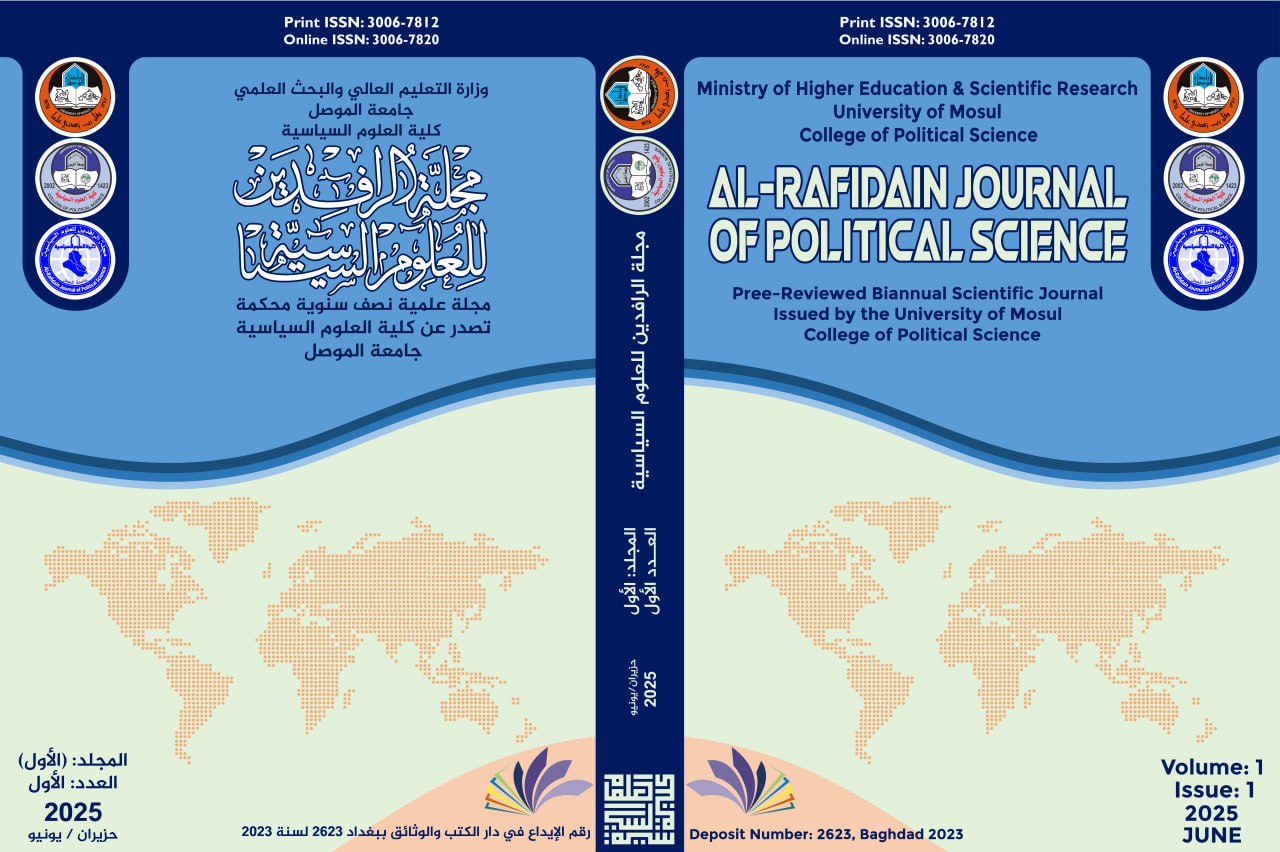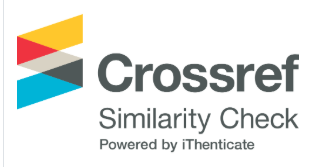Abstract
Sustainable development is a multidimensional, multifaceted process. Its core and foundation is economic development, with education as its foundation, and political institutions and human resources as its leadership and management. It is of great importance for the benefit of countries and societies, in other words, a process of continuous advancement and development in the political, social, economic, and cultural spheres. Our research addresses the German development experience, which is considered one of the international experiences that succeeded in achieving the development process and maintaining its sustainability. The research was divided into two sections. The first section addressed the theoretical framework for sustainable development, while the second section addressed the beginnings of the development experience in Germany. We demonstrated how Germany rebuilt itself after emerging from World War II (1945) exhausted and devastated, and sought to once again reach the ranks of developed countries. Its first steps were to rebuild its constitutional and political institutions, adopting the parliamentary democratic system and distributing responsibilities between federal institutions (legislative, executive and judicial) and similar institutions at the state level. It also rebuilt its devastated economy and rebuilt the German individual, raising him socially and politically on democratic principles and values that reject a return to dictatorship, and giving civil society and the private sector great importance in the process of development and sustainability. The conclusion came to highlight the most important conclusions reached by the research.





